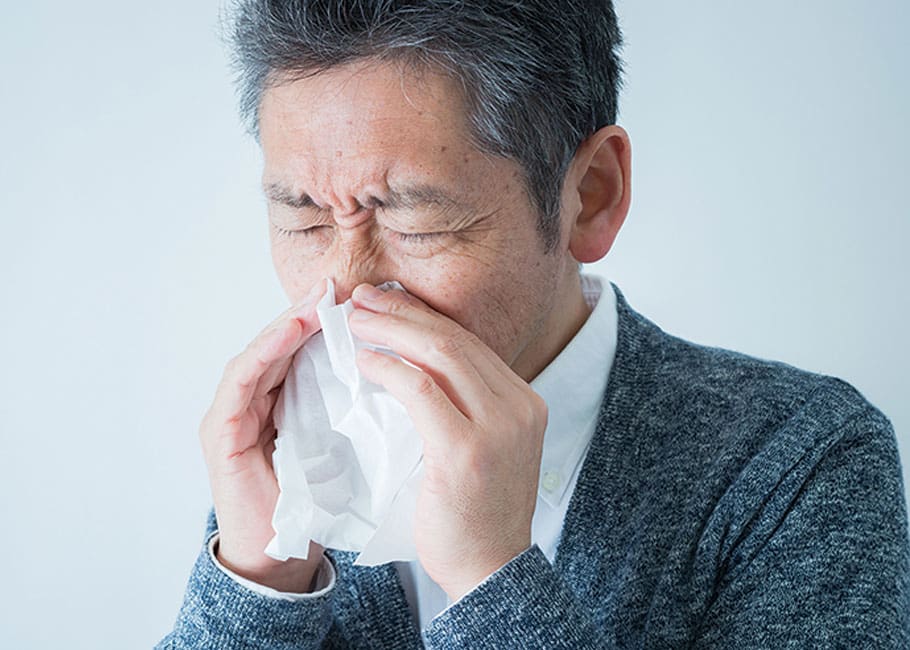
’Tis the sneezin’
Seasonal allergies affect more than the nose and eyes for those who suffer from asthma
Unfortunately, in addition to affecting the nose and eyes, seasonal (and perennial) allergies can also cause asthma symptoms to act up: more coughing, more wheezing and chest tightness, right when you are trying to enjoy the outdoors.
An allergic response occurs when the immune system identifies pollen (or other allergens) as an invader. The immune system then activates cells to release histamine and other chemicals to help clear the invader, and while doing so, it creates symptoms like nasal congestion and runny nose; for some people, it also affects lungs and airways, which can cause asthma symptoms.
After susceptible individuals are exposed to pollen, there is an immediate reaction that could cause spasms in the tubes that lead to the lungs. Known as the early allergic response, it is related to the immediate release of histamine. Two to 24 hours later, a late allergic response brings in more allergy cells to fight off the invader and in turn causes more asthma-type symptoms.
Over-the-counter medications can be helpful for allergies. Generic antihistamines, including fexofenadine, loratadine and cetirizine, can help temper the histamine response in both early and late allergic reactions.
Prescription medications include Montelukast, an oral medication to help with both asthma and allergic rhinitis. An inhaler may be a good option for those with asthma symptoms, as it will open the airways and decrease the spasms. Intranasal steroids are also highly recommended, as they are very effective at decreasing allergy symptoms.
Allergen immunotherapy—i.e., allergy shots—is also very helpful. It works by slowly decreasing the immune response to allergy triggers by providing small but increasing amounts of exposure to the trigger.
Other steps include keeping windows closed during high pollen counts, washing clothes when coming inside from the outdoors and avoiding being outdoors during high pollen times.




